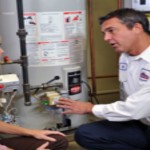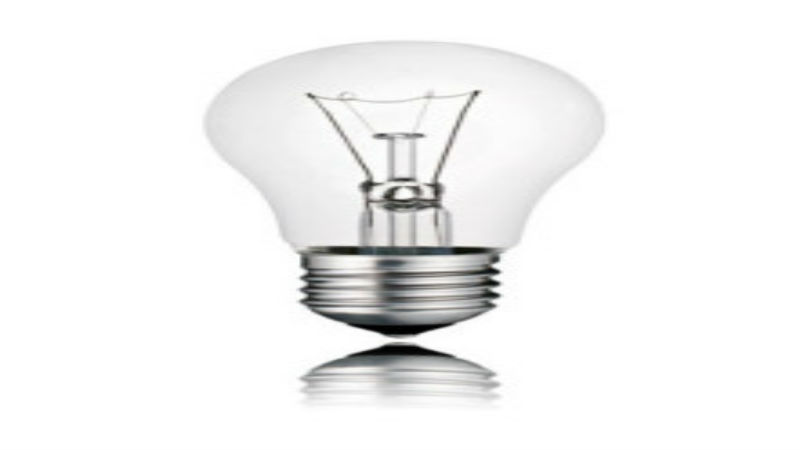Pipe fittings are essential components in any system carrying fluids, slurries, semi-solids, gas or steam. Having the ability to turn corners, size up or down for various pipes in the system and even to add additional outlets through the system will all be required in almost all applications.
There are various types of industrial pipe fittings that are standard for use across applications. There are also very specific types of fittings which may be more challenging to locate. In many cases, there are perhaps only one or two manufacturers still producing the fitting. In working with an experienced, established industrial supplier, it is easy to locate fittings of all types, which can speed up order delivery time and avoid the need to redesign parts of the system.
Materials
The choice of the type of industrial pipe fittings, from elbows to reducers and caps to outlets is one thing, but then there is also the choice of material for the fitting. Depending on the application, the material used for manufacturing of the fittings may be steel, or they may any type of plastic material including PVC, CPVC, and HDPE.
It is important to match the fitting with the type of pipe. Simple errors in ordering such as using PVC fittings on CPVC pipes can result in leaks and system failures. It can also impact the reputation of the contractor. Working with a quality supplier of industrial pipe fittings that will catch possible errors in the order and ask for clarification can save these types of mistakes from happening.
The advantage to having a wide selection of pipe fittings to choose from is the ability to construct the system as planned. Working with a general contract supplier may result in a limited selection of on-hand fittings, which could impact completion time of the project as well as the ability to complete work as per the plan.







